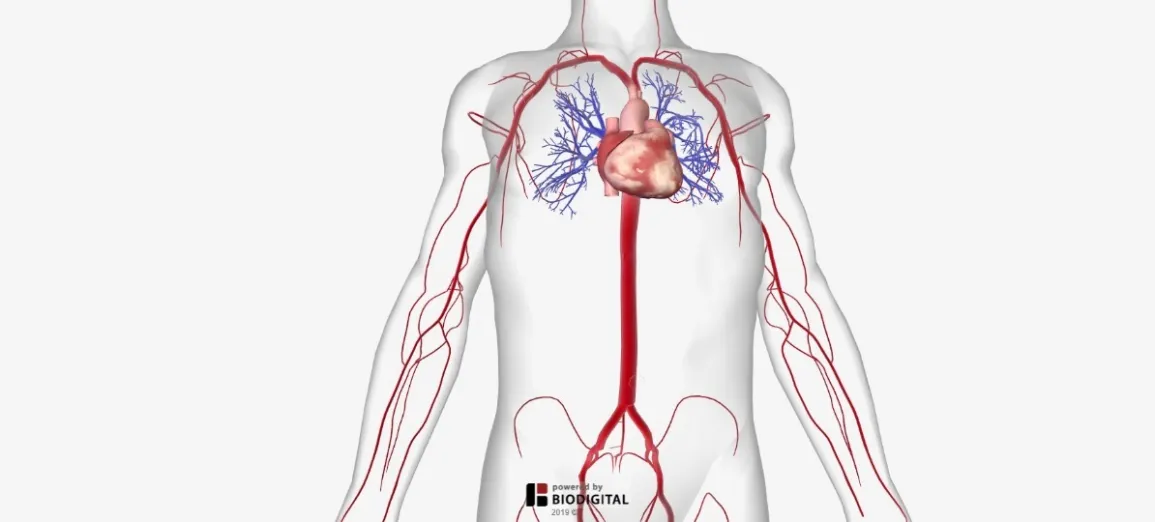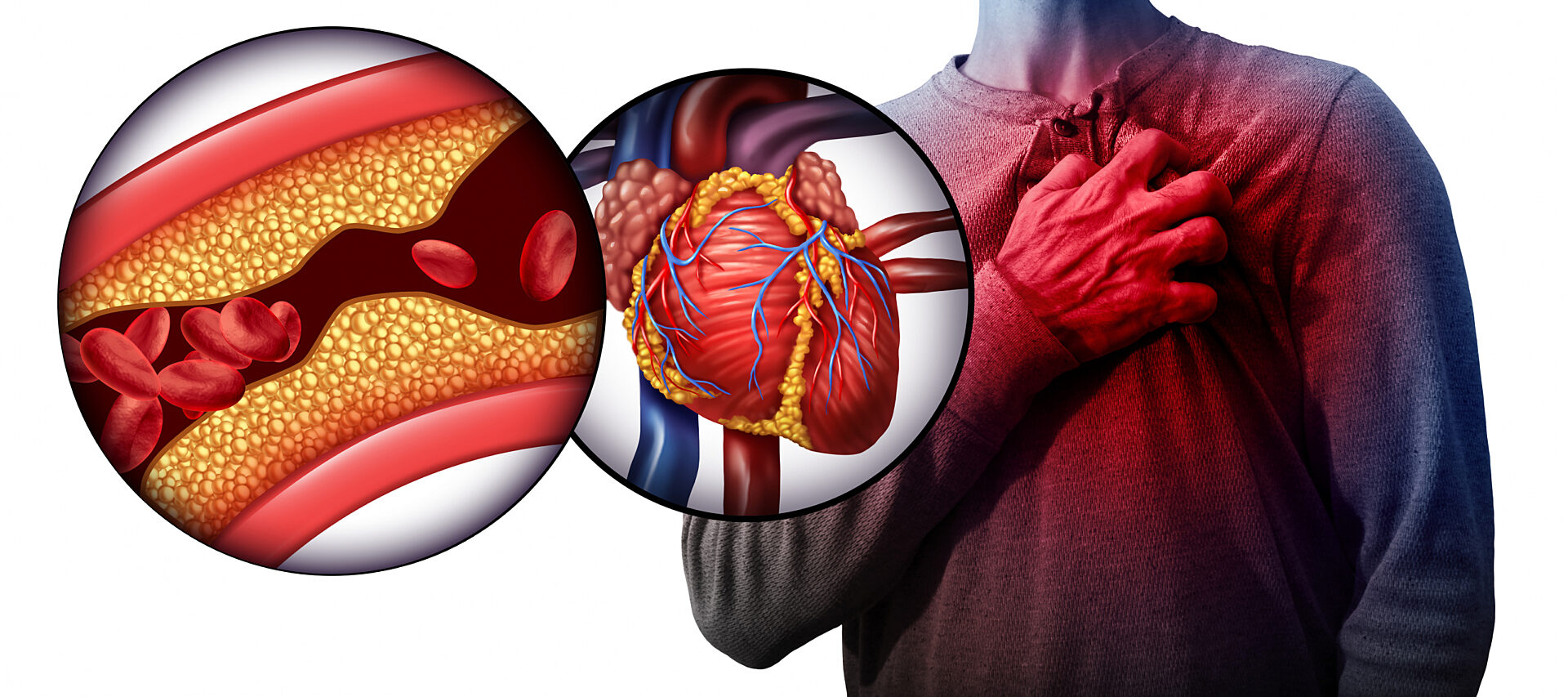Arteries are blood vessels that carry blood away from the heart. They play a crucial role in delivering oxygen and nutrients to the body’s tissues.
Types of Arteries
- Elastic arteries: These are the largest arteries, such as the aorta and pulmonary artery. They have elastic walls that help to absorb the pressure of blood pumped from the heart.
- Muscular arteries: These arteries are smaller than elastic arteries and have thicker muscular walls. They help to regulate blood flow to specific organs.
- Arterioles: These are the smallest arteries, which branch into capillaries.
Functions of Arteries
- Transport blood: Arteries transport oxygenated blood from the heart to the body’s tissues.
- Maintain blood pressure: The elastic walls of arteries help to maintain blood pressure.
- Regulate blood flow: Muscular arteries can constrict or dilate to regulate blood flow to different organs.
Arterial Diseases
A number of diseases can affect the arteries. These include:
- Atherosclerosis: A condition where plaque builds up in the arteries, leading to narrowing and reduced blood flow.
- Aneurysm: A bulge in the wall of an artery.
- Arteritis: Inflammation of the arteries.
Arteries are essential for life. Understanding their structure and function can help you maintain healthy blood flow and reduce your risk of arterial diseases.



